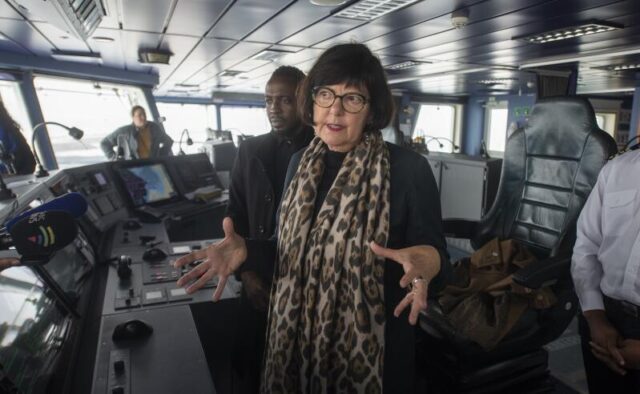South African Environment Minister Barbara Creecy has emphasised the need for a fresh approach to climate finance for Africa and other developing nations, emphasising that it should not exacerbate debt burdens or necessitate sovereign guarantees.
FORESTRY, Fisheries, and the Environment Minister Barbara Creecy has emphasised the need for a fresh approach to climate finance for Africa and other developing nations, emphasising that it should not exacerbate debt burdens or necessitate sovereign guarantees.
Speaking at the inaugural African Climate Summit in Nairobi, Kenya, Creecy highlighted the importance of exploring new financial instruments with favourable terms and conditions that do not generate additional debt.
“African countries need a new suite of financing instruments, with a set of favourable terms and conditions that are not merely debt generators,” said Creecy during the conference.
She stressed the significance of local currency lending to support climate action in Africa and commended efforts by institutions like the Green Climate Fund and New Development Bank in this regard.
Creecy reiterated South Africa’s position that non-debt financial instruments should be deployed, reducing the need for sovereign guarantees in climate finance.
In 2021, developed nations including the UK, US, Germany, France, and the EU pledged $8.5 billion in climate finance to South Africa. However, most of the funding consists of loans at concessional rates, with only a small portion allocated as grants.
Creecy also referred to a communique adopted by African ministers in Cairo in 2022, which called for multilateral development banks and international finance institutions, such as the World Bank and IMF, to innovate financial sources and implement debt reform.
This includes these institutions taking on first-loss risks on investments and technologies essential for climate action but not yet commercially available.
Estimates from the African Development Bank suggest that between $130 billion and $170 billion in financing will be required to enhance climate-resilient infrastructure in Africa.
Creecy warned that climate change impacts would become increasingly evident over the coming decade and that ignoring these impacts could lead to inadequate and costly infrastructure designs.
The minister also criticised developed nations for failing to fulfil their 2009 pledge to raise $100 billion per year by 2020 to support climate responses in developing nations. While this goal is expected to be met later this year, Creecy emphasised the importance of meeting these commitments promptly.
Climate change poses a significant threat to Africa, with estimates from the Global Commission on Adaptation indicating potential annual GDP losses of 2% to 4% on the continent by 2040.
Minister Creecy’s remarks at the African Climate Summit underscore the urgency of re-imagining climate finance to ensure that it effectively addresses the challenges of climate change in Africa without increasing financial burdens on the continent.








